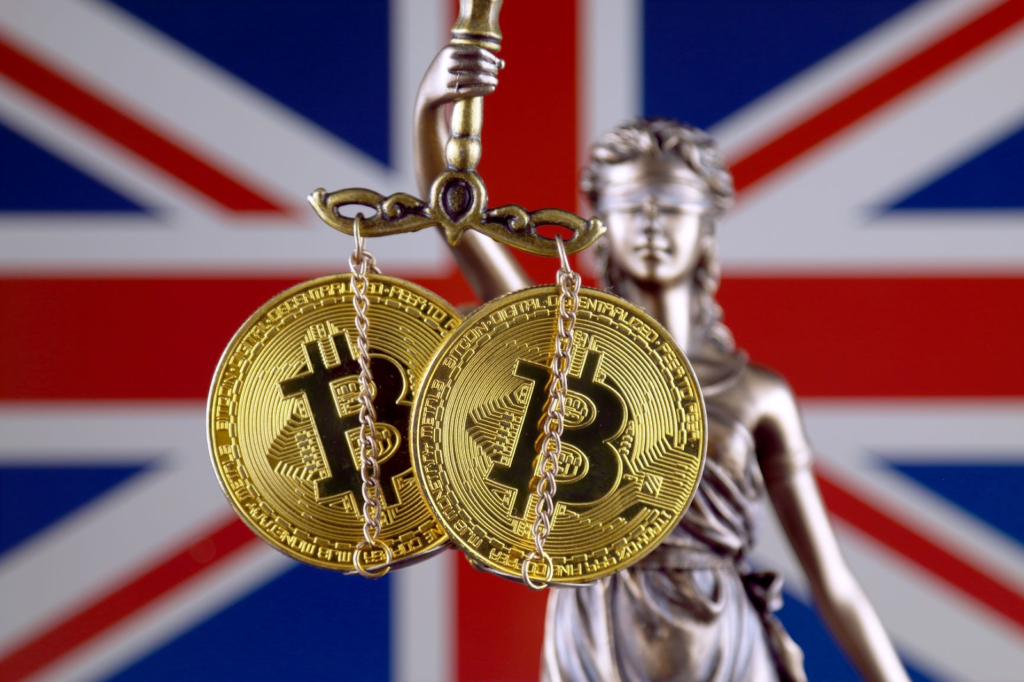The history of karaoke. When did karaoke come to the UK?
Karaoke is a Japanese word that means “empty orchestra.” It’s a form of entertainment where people sing along with pre-recorded music, often in front of an audience. The karaoke machine is a device that plays this pre-recorded music and provides lyrics on a screen.
Karaoke machines first started appearing in bars in Japan in the late 1960s, but they didn’t become popular until the mid-1980s. By 1990, there were over half a million karaoke machines in the country.
Sometimes the Japanese get so caught up in the excitement of their singing that they are totally oblivious to what is going on around them.
Gambling is exactly what the Japanese are about. There’s only one other thing the Japanese love as much as karaoke: gambling.
To be honest, it’s not much more fun than karaoke, but it’s fun too.
The first karaoke machine to be exported to Europe was introduced at a trade fair in London in 1986. It was called Karaoke Sing Along System—but it didn’t make it into stores until 1988!
When did karaoke come to the UK?
Karaoke machines first came to England in 1978, when an exporter named John Tsung brought them over from Hong Kong. He then began importing them from Japan, which meant that the machines weren’t always very good quality. They weren’t very reliable, either—one report from 1980 stated that half of all machines broke down within six months of purchase. But despite these problems with reliability and quality, karaoke quickly became wildly popular in England.
How else do the British people entertain themselves?
Karaoke is a popular activity for British people. They often sing in large groups, with friends and family members. They also have karaoke competitions, where contestants from different cities compete to see who has the best voice. Read more about the caraoke industry here https://www.bbc.com/news/av/business-51754224 .
Another popular pastime is kennel club competitions. These are competitions between different breeds of dogs, including poodles and corgis. The dogs are judged based on their appearance, personality, and ability to perform tricks.
British people also enjoy playing sports like soccer (football). In many parts of the country, there are local leagues where people can play against each other on teams representing their neighborhoods or cities. There are also international leagues where teams from different countries compete against one another in matches held all over the world every year!
Alternative entertainment. The other side of Britain.
British entertainment is known for its eccentricity and artistic flair. But that’s not all there is to it.
In fact, there’s a whole other side of Britain that most people don’t know about. It’s called Alternative Entertainment.
Alternative Entertainment has been around in Britain for centuries, with roots in the 15th century when Henry VIII created an underground theatre company to perform plays about his love life as a way to distract from his extramarital affairs—and also to distract from the fact that he was trying to have several of his wives executed (spoiler alert: it didn’t work).
The popularity of Alternative Entertainment grew during World War II when rationing forced performers to rely on alternative methods of creating their art. And since then, it’s become a staple of British culture—or at least, it should be!
So what exactly is Alternative Entertainment? Well…it’s a little bit different than traditional entertainment: you can read about gambling in Japan here japanese bitcoin casino.
-It doesn’t follow mainstream trends or norms
-It doesn’t rely on celebrity endorsements and product placement
-It doesn’t pander to your expectations or desires (but if you want something specific, they’ll make sure they deliver)
Cryptocurrency and its use in Britain.
Cryptocurrency has been a hot topic of conversation in Britain for years, and it’s only getting more interesting.
Cryptocurrency is digital money that doesn’t exist in any physical form. It’s often exchanged between peers over the internet, and it’s used to buy goods and services.
Bitcoin is one example of a cryptocurrency—it was created by an unknown person or group under the pseudonym Satoshi Nakamoto, who published the first Bitcoin white paper in 2008. Other popular cryptocurrencies include Ethereum, Litecoin and Dogecoin.
In 2014, an estimated 4 million Britons had invested in cryptocurrency. Today that number is closer to 8 million people, with roughly 1 million people actively using cryptocurrency regularly (that’s about 1% of all Brits).
Сonclusion
The conclusion is that the UK entertainment industry is a booming business and it is growing continuously. It is an industry that includes music, theater, film, and television. The British entertainment industry has been around for more than 100 years and has become one of the most popular in the world.



